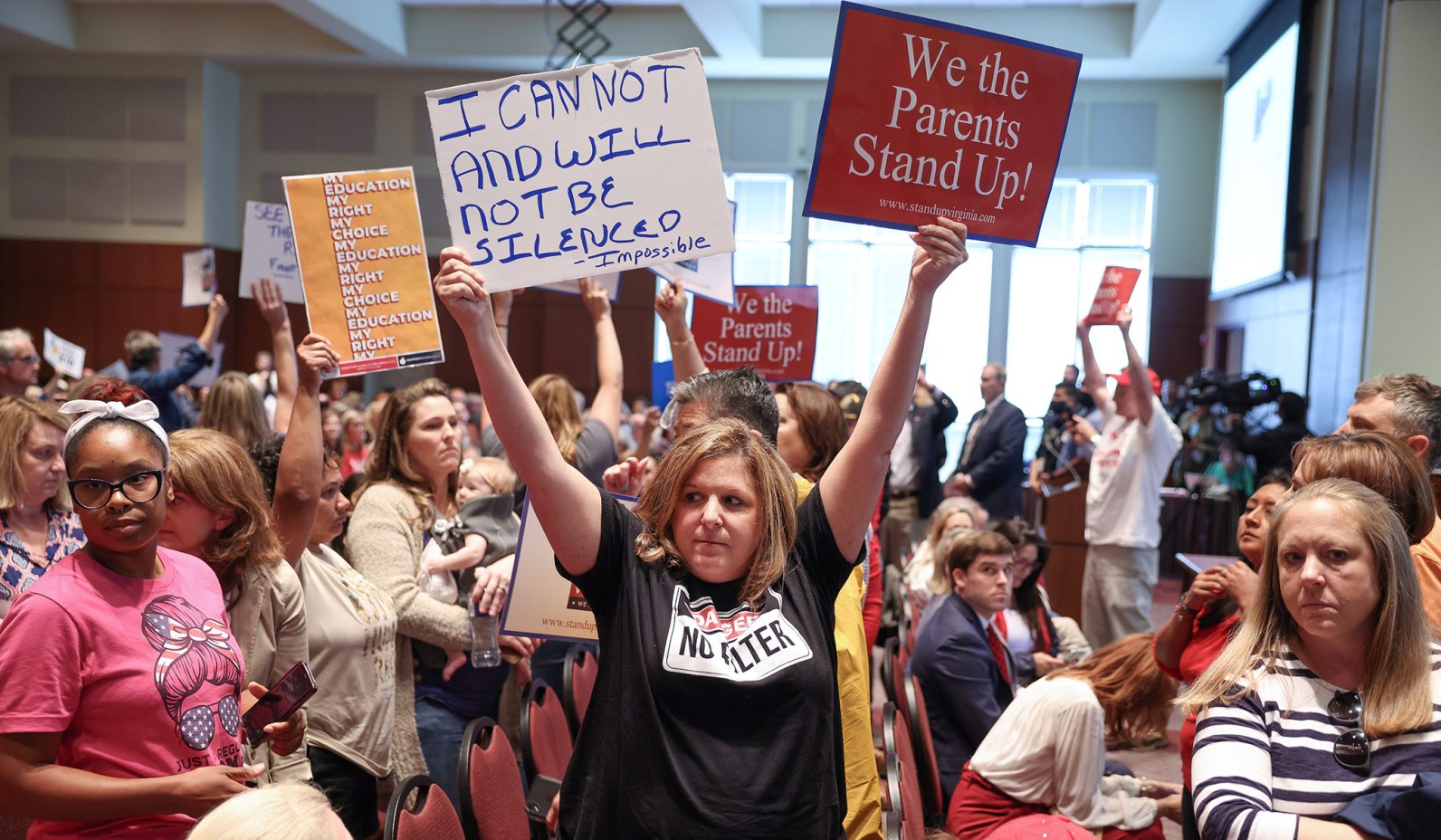Kerby Anderson
As the year of 2021 is starting to wind down, we have seen the educational debate take some unexpected turns. The year began with teachers and their unions using their political influence to prevent or delay schools reopening. As this year is ending, we are seeing more and more parents protesting at school board meetings.
The election in Virginia last week is but one example of a nationwide phenomenon of parents wanting to reassert some control over the education of their children. Americans sometimes ignore political battles that seem abstract and distant until it affects them. Health care policy didn’t seem that important until the Affordable Care Act was passed and some of the new policies started to affect them.
School closures were harmful for children, but they also provided parents with a shocking look at what their kids were being taught. And they began to understand why their children were often reading and doing math below their grade level.
When parents started expressing their concerns about prolonged school closures, teachers and school boards resisted even though the risk of children getting seriously ill from the virus was extremely low. Then they started hearing some of the off-mic comments teachers and school board members made about “crazy parents” and how “they just want their babysitters back.”
For other parents, the final straw was the letter by Attorney General Merrick Garland instructing the FBI to work with state and local law enforcement. And there was the letter from the National School Board Association suggesting that protesting parents might be designated as domestic terrorists.
These protesting parents may become a significant political force in the 2022 elections because of their concern over what their children are learning in school.
 Listen Online
Listen Online Watch Online
Watch Online Find a Station in Your Area
Find a Station in Your Area










 Listen Now
Listen Now Watch Online
Watch Online
